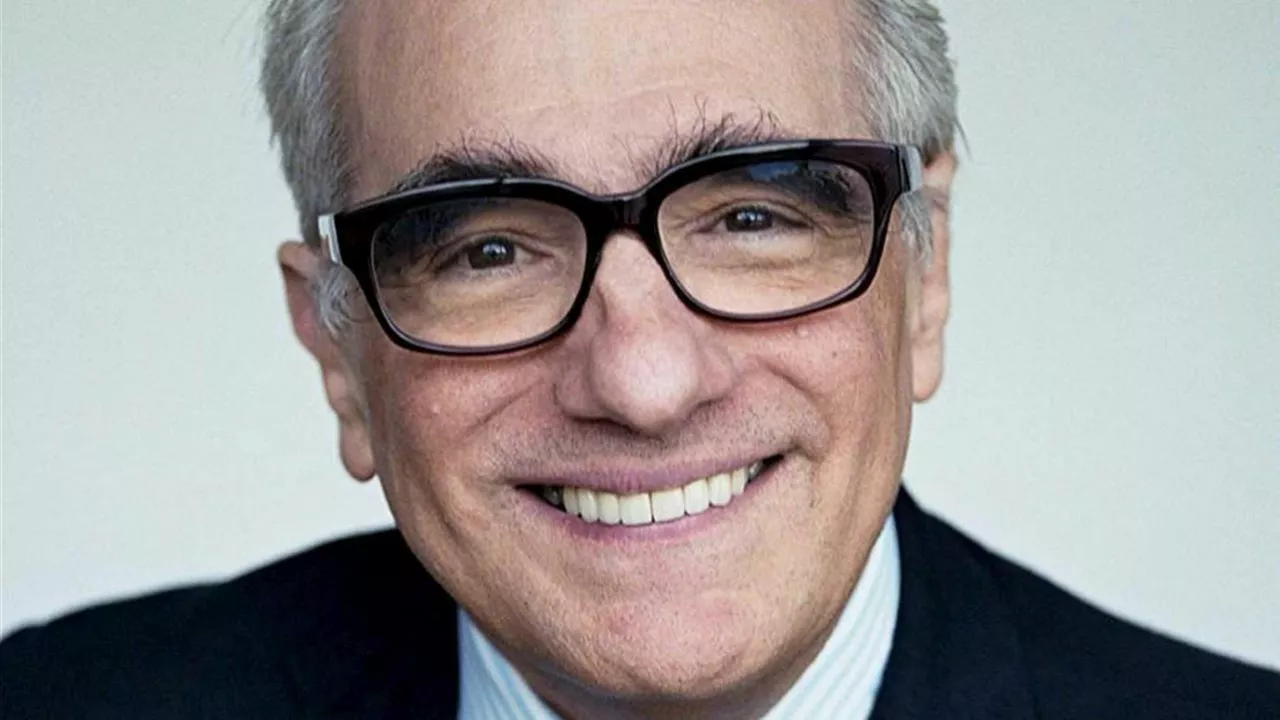Why Martin Scorsese never directs sequels or franchise stuff?
 Jul, 28 2023
Jul, 28 2023
The Craft of Authentic Cinematic Storytelling
Okay, buckle up, folks, because we're taking a deep dive into the intricate world of Martin Scorsese and his strong aversion to the conventional industry concept of sequels and franchise filmmaking. Here's a heads up – this isn't going to be your run-of-the-mill conversation on cinematic arts. Instead, it's a rather detailed exploration of an established artist's vision and his stark nonconformity. When you think of directors that have consistently stood clear of the blockbuster, high grossing, sequel cranking machine, Martin Scorsese is a name that tops the list.
Take a look at Scorsese's filmography and you'd notice - no sequels, trilogies, or extended cinematic universe. It's all standalone original content, which is intriguing and perplexing. It's intriguing because of its rarity in a world hyper fixated on franchise-building and perplexing because it just demands to be understood.
Scorsese, hailing from the New Hollywood era, firmly believes in a unique narrative, singular stories that don't stretch their outcome over numerous sequels or prequels, but instead, stand firm in their own plot. His art is driven by passion, realism, cultural commentary, and that proves to influence significantly his stance against franchises.
The Unwavering Auteur Theory
It's this incessance on the auteur theory, I believe, that explains why Scorsese swerves off the franchise lane. Now, what's this Auteur theory, you may ask? It's a philosophy where the director is considered the ‘author’ of the film, with a unique and identifiable style, reflected in his or her work. Essentially, an Auteur brings a unique voice, personal touch, and critical viewpoint to their films.
Scorsese is renowned as one of cinema's most significant auteurs. He doesn't just make films; he creates experiences. He infuses his movies with his own experiences, drawing heavily from his upbringing in Little Italy, New York, and his robust Catholic education. His filmography is a riveting mix of unique stories cherry-picked right out of his own life.
Now, imagine trying to squeeze that raw, experiential storytelling into a franchise mould. Doesn't quite gel, does it? Franchises often restrict creativity, bind directors to commercial expectations, and tend to dilute the personal touch. Mind you, there's nothing wrong with franchises; it's just that they're not Marty's cup of cine-tea.
Scorsese's Passion for Distinct Narratives
Witnessing Scorsese’s passionate delivery of distinct narratives is like seeing a master craftsman at work as he skillfully evokes pathos, tragedy, comedy, and human fallibility - often all in a single film. Rather than dive into a franchise, he’s the type who sits you down, with, say, an Irishman, for 3 hours 29 minutes, only to reveal layer upon layer of profound character examination and emotional dilemmas.
Try imagining that level of creative hard-hitter molded into the stylized, glamorous yet formulaic realm of franchise moviemaking. Virtually unthinkable, right? It’s not that sequels lack value or cannot uphold artistic integrity. However, Scorsese's cinematic philosophy seems fundamentally incompatible with such an arrangement.
Picture a bare-knuckled Jake LaMotta in ‘Raging Bull’, for example. His story was so exhaustively and excellently told in its harsh realism, it eliminates any potential for successive reappearances. Would a 'Raging Bull 2' have presented Jake's further life experiments with the same authenticity and impact? Highly doubtful. So, there’s Scorsese, crafting classics effortlessly within their beautifully closed universes, precluding any potential franchise aspirations.
The Commercial Reality of Artistic Solitude
You know, the movie industry’s a strange place. It’s sort of like a great big lotto where directors must choose their numbers wisely. Franchise filmmaking, despite appearing to be a 'safe bet', could well result in someone feeling as isolated as Travis in 'Taxi Driver', should the dice not roll in their favor. Exhibiting fierce loyalty towards his inherent artistic solitude, Scorsese avoids such risks, valuing the earthy, grounding force of a single-storied universe.
It’s not that commercial success is irrelevant for him. He acknowledges its importance as a means to sustain the craft. Every artist requires audiences, claps, and cheers. Yet, Scorsese, thankfully, isn't willing to exchange his creative freedom for it. He recognizes the dangers of commercialized artistry, where original voices and ideas often end up victim to corporate co-opting and risk-aversion.
It's sort of a rock-paper-scissors round with the fates; sometimes, the creative stone keeps the thriving paper of franchises at bay, while at other times, the paper covers the rock entirely, resulting in regrettable compromises. Hand on heart, I admire Scorsese's courage to consistently choosing his personal narrative over the luring and powerful rift of franchise pool.
Scorsese’s Lifelong Love Affair with Independent Cinema
Martin Scorsese's refusal to steer towards sequels is intimately tied to his lifelong love affair with independent cinema. You see, indie cinema offers something that franchises often struggle to maintain - originality! Combining creative visions with the sentiment of freedom, independent movies transcend the norms of ordinary storytelling.
Scorsese himself once confessed, "Independent cinema is where I am." Therein, his romance with unadulterated, free-flowing storytelling thrives. Sequels and franchises generally have a broader agenda to maintain the storyline continuity, meet audience expectations and replicate a previously successful formula. There is a marked difference between continuing a pre-existing narrative and creating an altogether fresh one. It's like the difference between repainting an old masterpiece and crafting a completely new one from scratch.
I recall, I once asked a local baker why his Sicilian focaccia was always so different, each time I got it. He smiled and said, "Because I knead the dough differently every time, add new ingredients, always creating a fresh experience. I don't use a cookie-cutter." You understand, don't you? That's how Scorsese delights – baking from scratch, emerging with an intriguing novelty, bearing ever-surprising, mouthwatering flavour that keeps us waiting for the next splendid surprise.